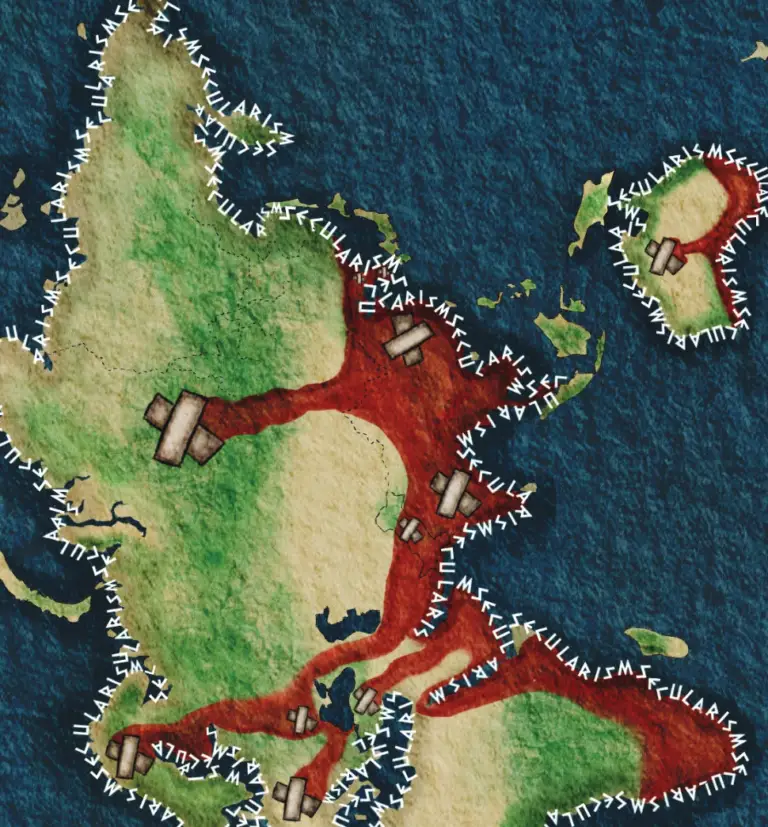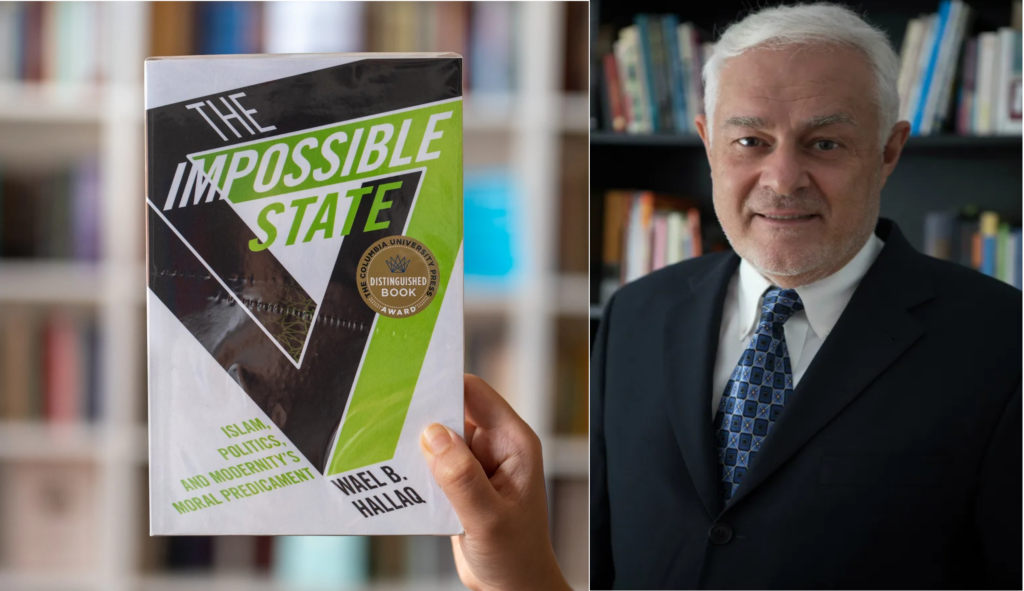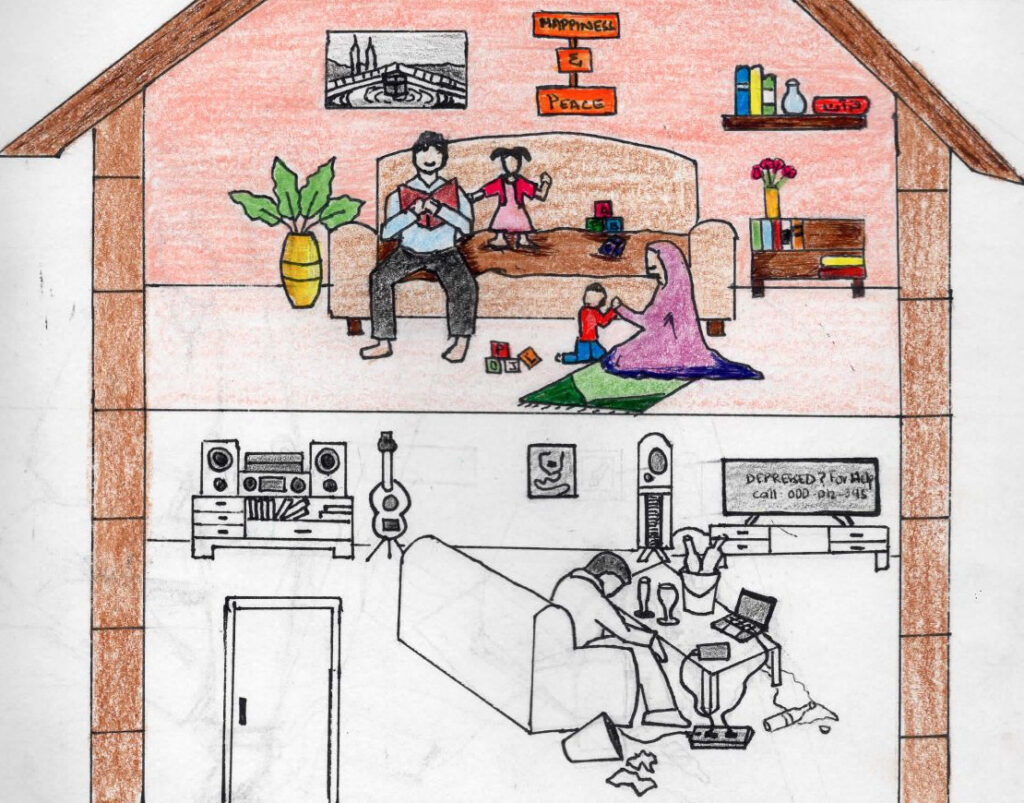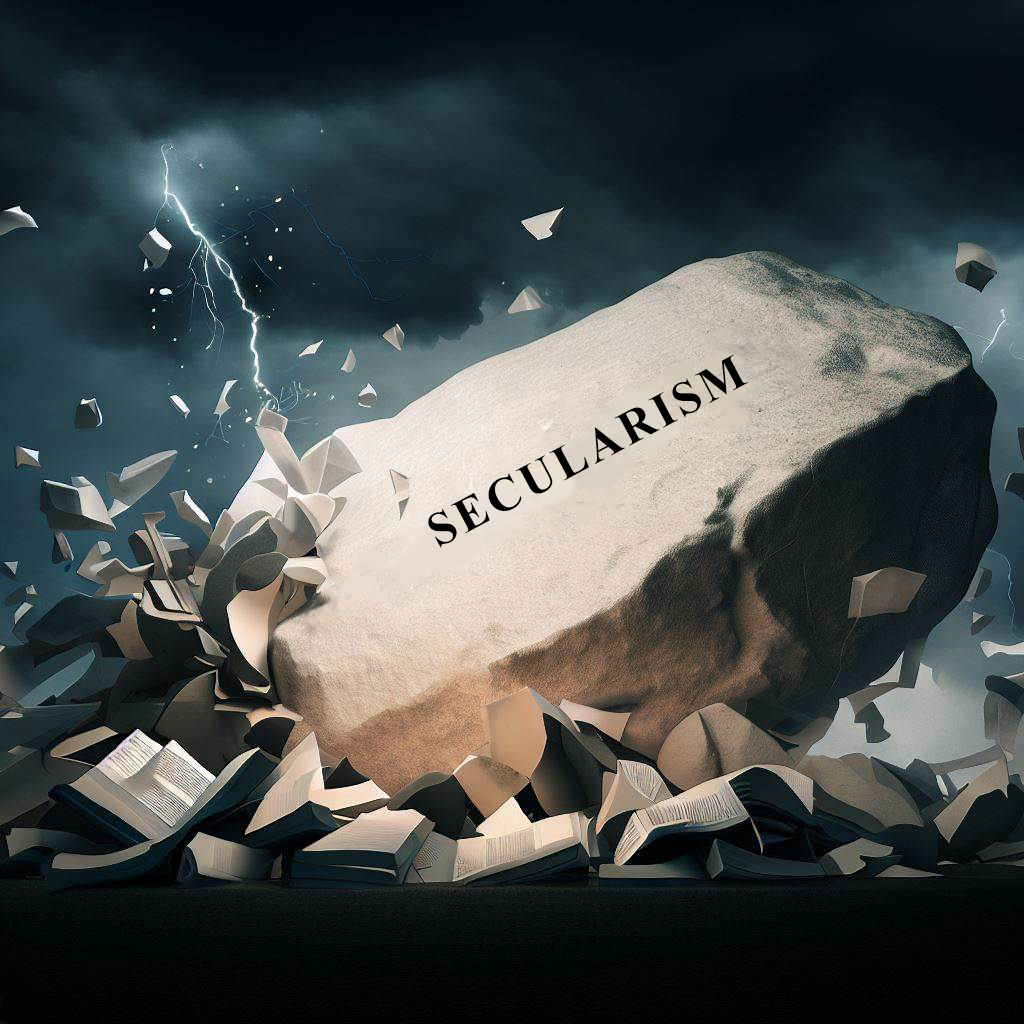
Much of Iqbal’s later poetic deliberations focused upon carving out an identity for the Muslims of the Subcontinent. In doing so, he raised a fundamental question that is relevant even today as we breathe the remainder of our lives away in a reality that is Pakistan. And that is, what ensures our existence as a cohesive and well-organized society while retaining our right to identify ourselves as Muslims or anyone else for that matter?
Samuel Huntington has remarked at length on this quest for survival in his globally acclaimed work “The Clash of Civilizations and the Remaking of the World Order.” The way he understood, while the world is rife with tribal and nationality conflicts, the one that poses the greatest danger for stability are the conflicts between states or groups from different civilizations.

So what is a civilization? Albert Schweitzer outlines the following definition in his work “The Philosophy of Civilization” as follows:
The sum total of all progress made by man in every sphere of action and from every point of view in so far as the progress helps towards the spiritual perfecting of individuals as the progress of all progress
This implies that civilizations have not only been marked by great material progress (as Uncle Sam would have us convinced). But rather by the spiritual development of human beings which has historically been led by shared values and a sense of common destination, ultimately making way for material progress. Unfortunately, today we have succumbed to the idea of a hollowed sense of progress. Any nation that does not embody a common spirit is bound to disintegrate amid inner chaos. Or so says history.
Take the Bosnian War (1992-1995), for example. After World War II (1939-1945), Social Federal Republic of Yugoslavia was formed in Central & Southeastern Europe by Soviet Union loyalists. Borders were drawn-up along ethnic and historical lines: Bosnia & Herzegovina, Croatia, Macedonia, Montenegro, Serbia and Slovenia.
However, by 1992 much of the federation disintegrated owing to ethnic separatist calls to independence. Bosnia and Herzegovina remained. She was populated by Muslim Bosniaks (44%), Orthodox (Christian) Serbs (32.5%) and Catholic (Christian) Croats (17%). Soon enough, Bosnia and Herzegovina became ripe with ethnic tensions.
While Muslim Bosniaks and Catholic Croats wanted to achieve independence as Bosnia and Herzegovina, their Serbian counterparts disagreed. The Serbs vied for separation of ethnic communities in the country, establishment of the borders of “the Serb people’s territories”, and the division of Sarajevo1. And even though a referendum was passed in 1992 that led to the globally recognized creation of the Republic of Bosnia and Herzegovina, the Serbs resisted. This eventually led to the Serbs laying siege to Sarajevo, capital of Bosnia.
The result? Over 100,000 people butchered, 2.2 million ousted from their land and 12,000 to 50,000 women systematically raped in what became the most devastating conflict in Europe since World War I. The atrocities were largely carried out by Orthodox (Christian) Serb forces claiming the lives of countless Muslim Bosniaks.
It is no surprise that much of our known history has witnessed regions embroiled in conflict largely on the basis of ethno-religious tensions. As Ayse Kadayifci comments2 on the importance of ethno-religious sentiment in promoting and alleviating tensions:
Even though the main reasons and issues may not be of religious character, religion plays a significant role at times of conflict especially when different religious systems encounter each other because religion, as a system of beliefs and practices relating to the sacred, and uniting its adherents in a community, has a powerful hold on people’s way of thinking, acting and perception of interests. Then again, religious traditions that are used to legitimize violence and war have also been sources of inspiration for establishing peace and resolving conflicts over the centuries.
Still, the field of conflict resolution failed to pay sufficient attention to the critical role religion plays in conflicts until recently. However, in the majority of conflicts today (e.g., Israel–Palestine, India– Pakistan; Sri Lanka; Iraq, Nigeria, among others, religion has been employed by political and religious leaders to justify violence, intolerance and hatred. At the same time, religious actors and faith-based organizations (e.g. Quakers, Mennonites, St Egidio Community, Interfaith Mediation Center in Nigeria, among others) are becoming more involved in conflict resolution, mediation and interfaith dialogues to transform the conflictual relations between parties.
From the Holocaust to the recent Rohingya genocide, these tensions are not going away anytime soon. And the ones vouching for a secular approach from the comforts of their largely intact homes ought to review their worldview in light of reality. A reality which borders upon ethno-religious considerations. To recant from such a view in favor of a writ that is void of religious and ethnic sensibilities would be akin to severing the head from one’s body. Rotting away lifelessly.
1. https://balkaninsight.com/2010/06/01/six-strategic-goals-of-bosnian-serbs/
2. 14:32 30/5/2008 5153-Bercovitch-Ch14.tex] Paper: a4 Job No: 5153 Bercovitch: Conflict Resolution (Handbook) Page: 264 264–28




